Diversity In Open Source And Gaming Does It Matter
Black. Lives. Matter.
It shouldn’t need to be said, and yet it needs to be shouted, over and over. The US has an especially egregious problem among developed nations with police violence (while data is difficult to obtain and interpret, there is clearly a problem). However, these are worldwide struggles in one form or another which shouldn’t be limited to protests in the streets and discussions of police and politics. As gamers and Linux users, we sit at a special intersection of entertainment and industry. Neither side is well represented when it comes to diversity and action. Our community needs to do better. We need to make Black lives matter in our own space and do our part to push society forward.
This issue should be crucial to us because of the values we represent as Linux gamers. Gaming is universal. There is an innate desire to play, to escape, to be challenged, to connect or compete with others, to tell stories. Gaming is to be shared, to break down barriers and find commonality. Gaming on Linux means we also value Free/Libre Software. And Free Software is meant to be free: free from restrictions, for anyone to use and make it their own. These words are hollow without putting them into practice and ensuring this is available to all, that anyone can contribute. There is a natural connection here, between the joy and universality of gaming and the benefits and openness of Free Software, twin ideals we want to succeed. So while games are rarely Open Source, as a community that uses both we should reflect a culmination of these values.
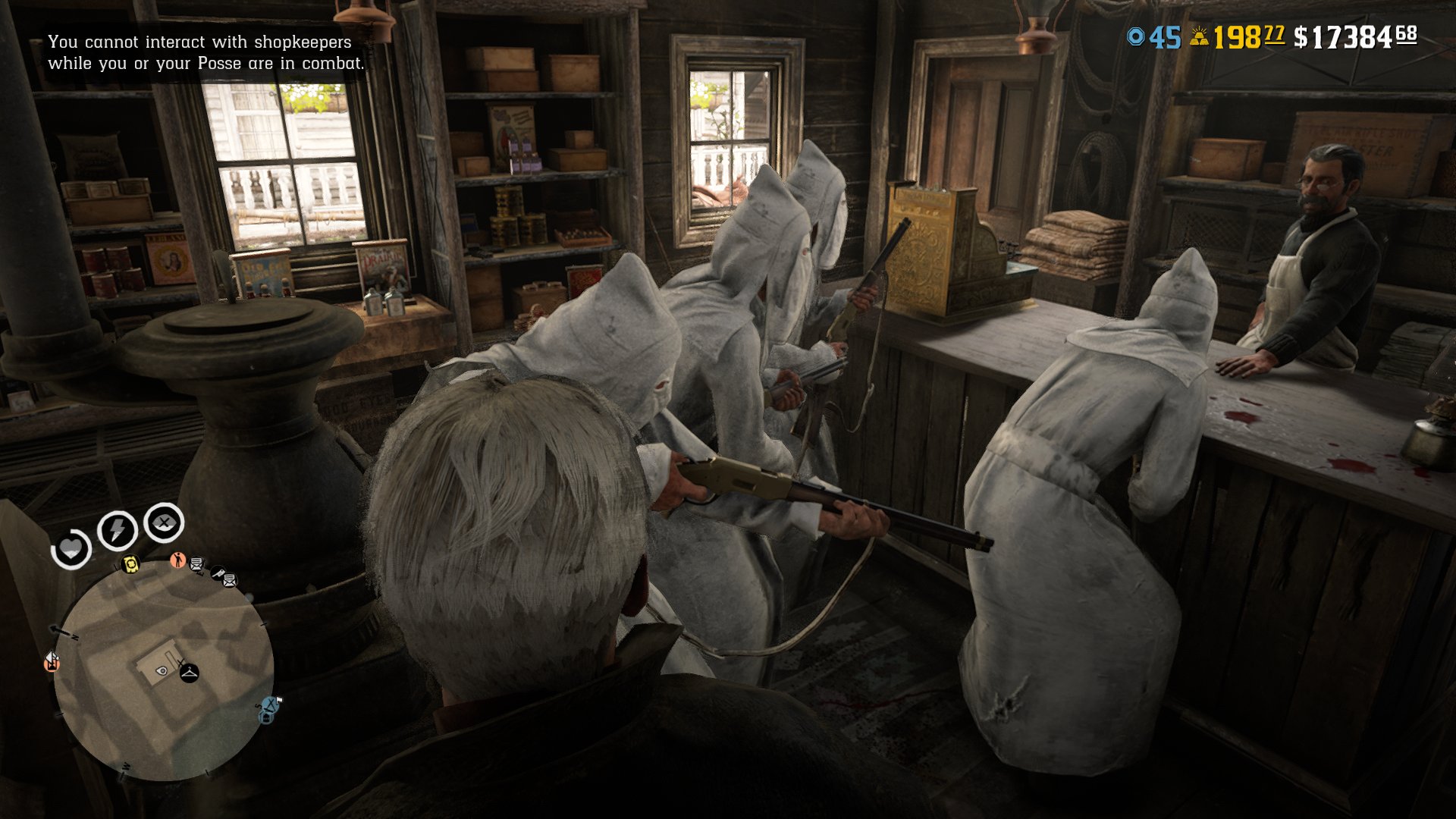
Unfortunately, we do not. Many games and their players are rife with white supremacy, neo-Nazis, hate speech and groups, bigotry, poor (if any) representation, toxicity, issues of how they represent police, excuses of “historical accuracy,” ignoring the real problems of the locations they represent, and ugly actions like players spawning KKK members in Red Dead Online to terrorize others.
Development of Open Source Software has its own problems as well. A survey of GitHub users and developers shows the group is almost 95% male and is less diverse than tech overall. Even some of the terminology is problematic (new guidelines have just been put in place for the Linux kernel, after some debate). Linux development itself struggles with inclusion and a welcoming environment. The Linux Foundation touts its inclusion of women, while also supporting diversity organizations, but it is telling that no numbers are given besides for women. Other groups like Mozilla are making progress, but we have a long way to go.
Game development is also hardly diverse. The International Game Developers Association in 2019 reports the average developer being overwhelmingly (at least 70% of respondents) white and male. Game developers themselves value diversity, but less than 60% saw changes for the better in the past 2 years. Countries like the UK with better representation still face struggles.
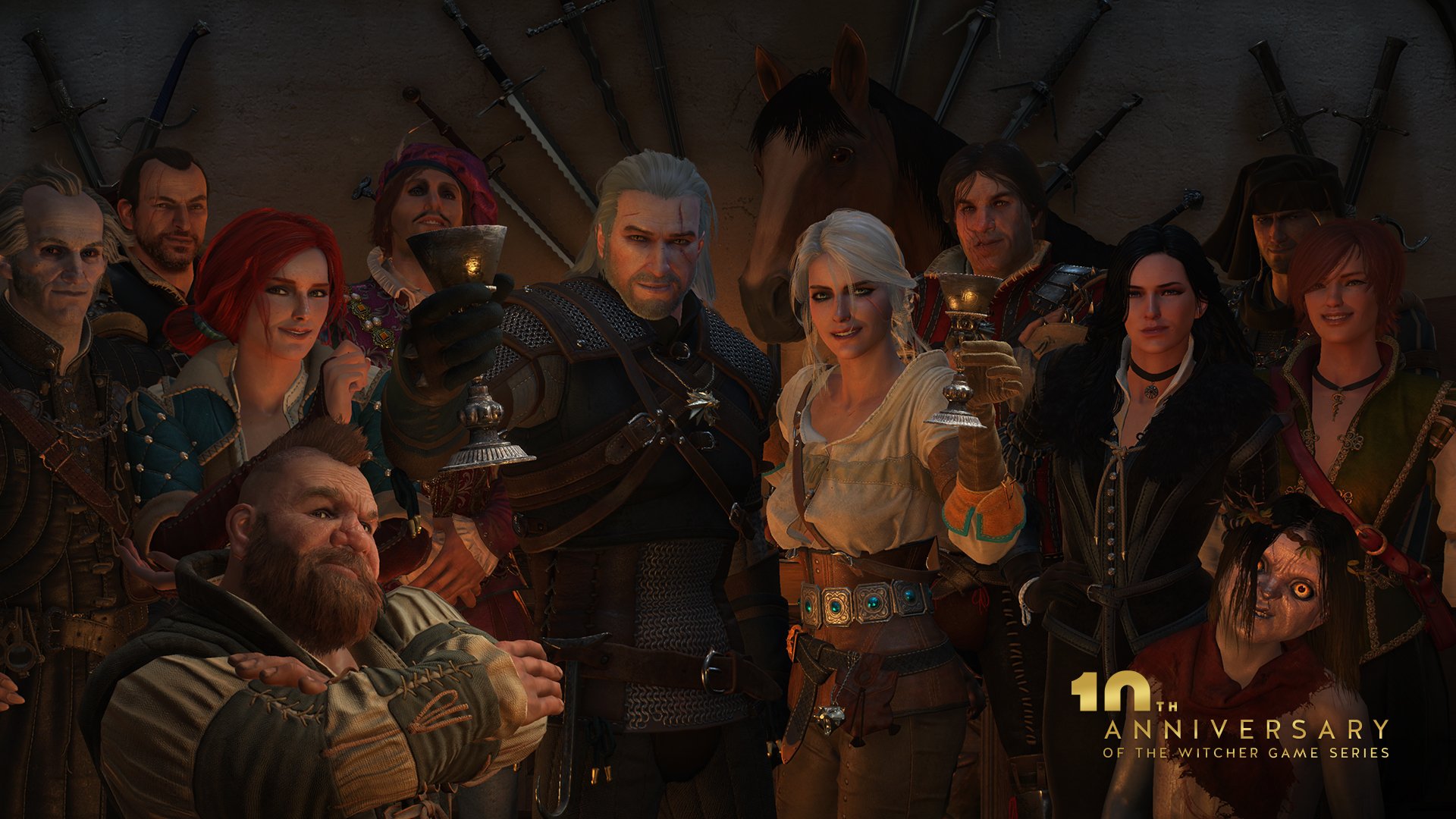
What we lack in Open Source and our games is symptomatic of the larger issues, self-reinforcing with creations that further a lack of diversity. Even the highly acclaimed game The Witcher 3, which directly addressed racism through storylines and interactions with Elves and others, portrayed all humans as white. It is a world with monsters and magic, but no people of color, or relegated by proxy to non-human. The explosion of indie games is helping fight this trend, but people of color are still woefully underrepresented in games. This is in contrast to who buys them: people of color are the largest global market, and soon to be in the US as well. While the industry as a whole is growing throughout the world, there is work to be done to reflect these consumers (or else potentially turn them away) and sustain this growth in diverse markets. While it is easier than ever to make and sell a game, the barriers are not just in having tools (Free Software certainly helps), but overcoming inequalities in areas like education, or having role models and successful examples as inspiration. There is hope and progress from the community, with groups like Black Girl Gamers, that should be supported by all of us.
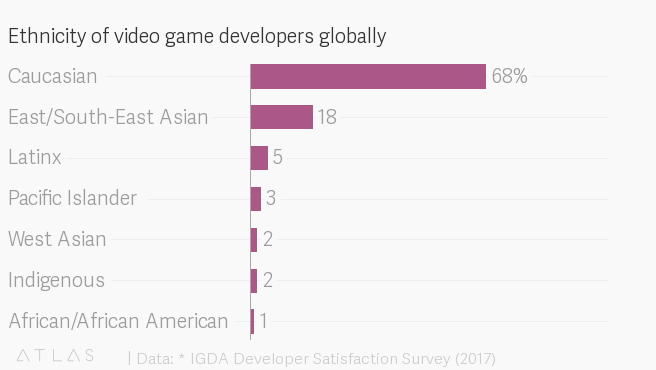
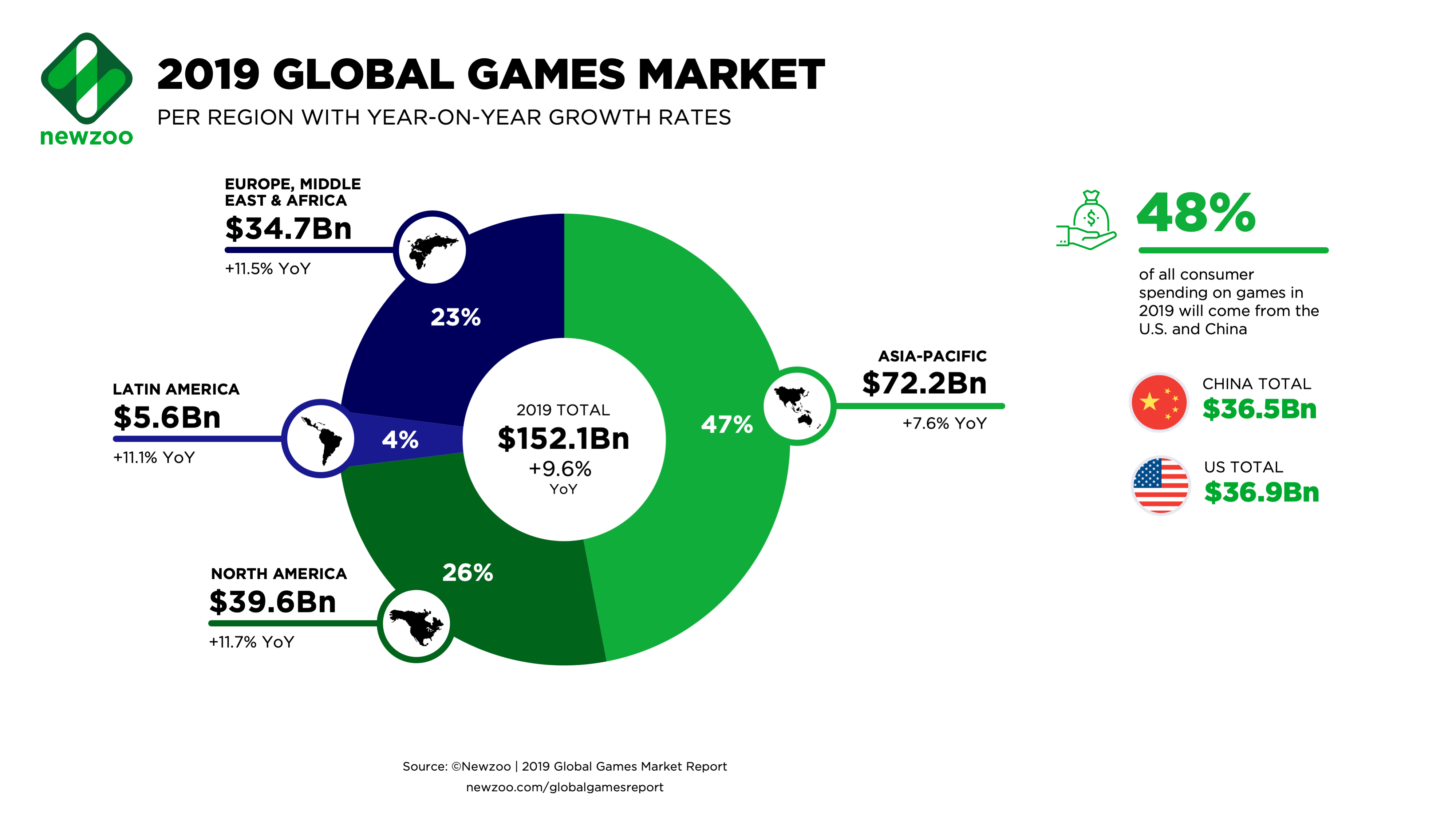
This is not to say all of these issues are caused by racism or consciously racist actions, but it reflects systemic problems. What is clear is a common factor: a lack of representation and voices from different people. Having a person of color on a team doesn’t cure the problem, nor should the burden be placed on a person of color for what a white person should being doing as well, but it would help. We need to know our own biases and privileges and stop living in a racial bubble.
In short, there is a diversity and representation problem: the people who make Open Source Software and games are not representative of the population or interested consumers, and games themselves do not have characters or stories that reflect the people who want to play them. Tying this all together is an unwillingness or inability to see these problems on a fundamental level and take meaningful action, from players to executives, at times going so far as to claim to exist in some dimension without politics.
The end goal is not tokenism and checking off boxes for diversity, but accurate representation and equality in opportunity in these areas. The goal is to have software and games be broad and inclusive, to have a full spectrum of possibilities, like the people that use and play them. This does not take away from what we already have, but grows it, opening this world for more people and gives us more choice and more to enjoy, whatever our preferences. This requires not just change at the top in executives and employees, but throughout in areas like education, outreach, and our buying choices. (While I will focus more on games going forward, the same problems, goals, and methods to achieve those goals apply to thinking more broadly about the Open Source world. Valuing Free Software gives us a linked ideal and that much more motivation to address these issues in games.)
From the periphery of any crisis, there are the token words and gestures, sometimes contributions of money, but for what purpose? Some, like the new $1 million annual Black Game Developer Fund, certainly look like a good step forward to produce, publish, and market games from Black creators. Community efforts for fundraising has been a bright spot: the massive Bundle for Racial Justice and Equality by itch.io raised an impressive $8 million. This bundle also demonstrates the need in another way, as only 25 out of the 1700+ creations in the bundle are by BIPOC (a newer term with some debate meaning Black, Indigenous, and people of color). While this is probably an undercounting due to incomplete information, 1.5% is miserably low, though expecting the communities hurting most to donate their work is unfair. It’s not too cynical to see most of these recent showings as mere surface level PR from corporations, making everyone feel a little better to see it, but not actually changing anything.
Why should these industries help make change happen? We can’t expect profit-making companies to take the lead on social issues. What about us, the consumers? Why should we, the game-playing, Linux-loving crowd? Isn’t this “just entertainment,” a distraction from all of those real problems? Most of us aren’t police, aren’t people with vast resources and power, aren’t out there committing the brutal acts that have led to this moment.
But by refusing to acknowledge the pandemic of violence on Black bodies or thinking it is not about us, all of us, we are part of the problem. Recognizing there is a problem is critical, but it is only the first step. While white supremacists, bigots, and the groups that spew hatred may be smaller in number, they are vocal and can drown out a well-meaning, but quiet majority. We see this constantly in social media and the internet at large when any discussion of racism comes up, let alone the spheres we may not frequent that are dedicated to hate. Silence is violence. By not actively opposing the system of values, laws, and culture that promote and sustain racism and white supremacy, we allow it to continue. By not fighting the status quo, we reinforce it. We can strive to be racist or anti-racist with our actions (or inaction). While inequality has many roots, racism is a frequent undercurrent that can undo well-meaning efforts in other areas. If we want equality we must do the work and fight for it. There is no neutral ground when the playing field is not level: from homeownership rates to life expectancy being much lower for Black Americans, to outright longer sentences for the same crimes compared whites.
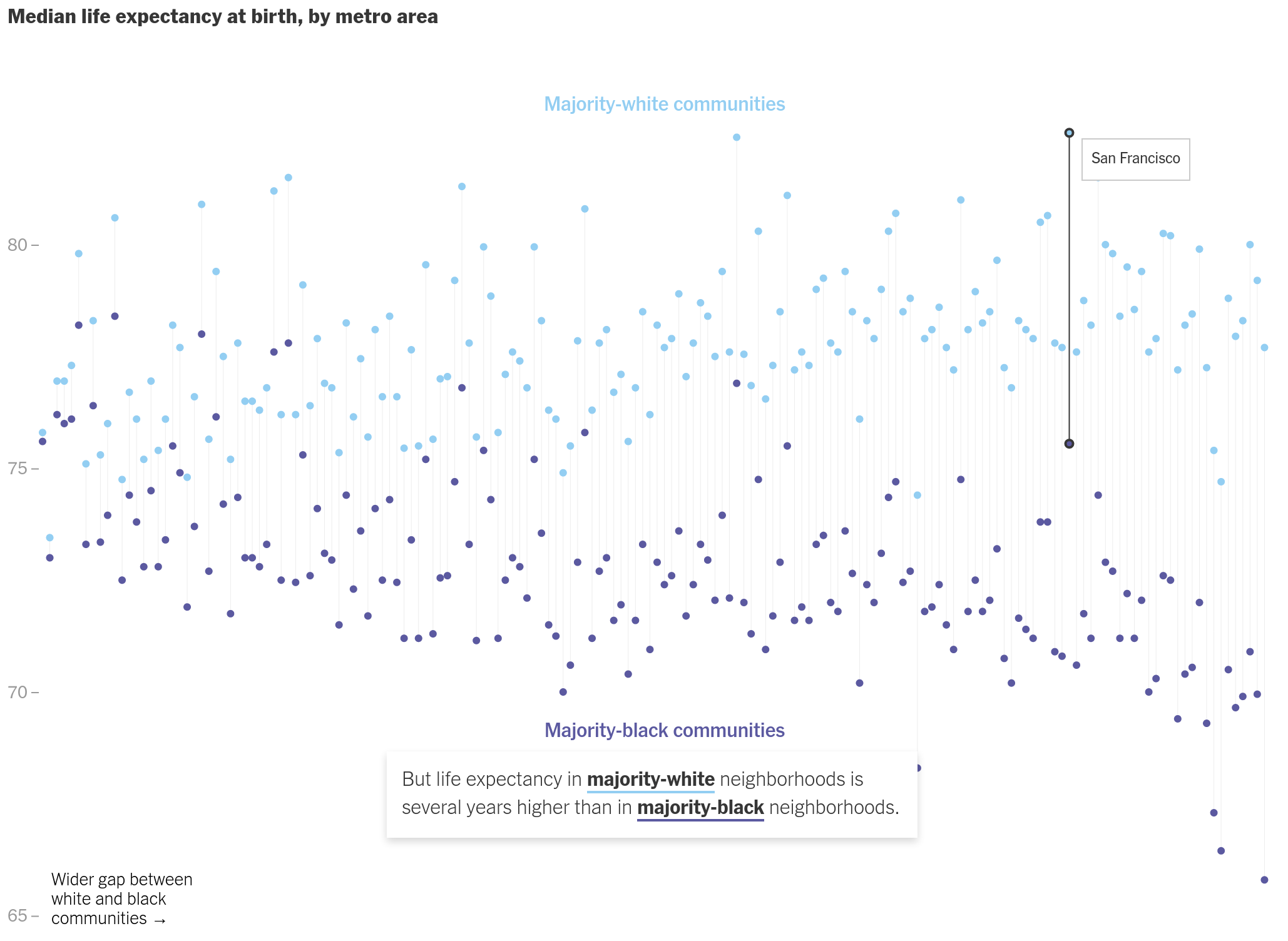
There are also selfish reasons to want change. Don’t we want to see new stories, perspectives (that could very well teach us about race), ideas, even choices in skin color, rather than yet another game based on the fantasy mythology of whiteness, perpetuating colorism (a bias towards lighter skin color in communities of color), or the nth sequel, rehash, or remake? Games are almost always about taking us outside of our own experience and lives — a diverse pool of writers, designers, artists, coders, and everyone else is key to continuing to surprise and transport us to new places. Gamers want to see the different, strange, and fantastical, but also people like them represented. Gaming is popular across a huge array of groups, with all sorts of tastes. How has Open Source moved forward if not with fresh approaches? Opportunities for every kind of person will enrich us all with what they create.
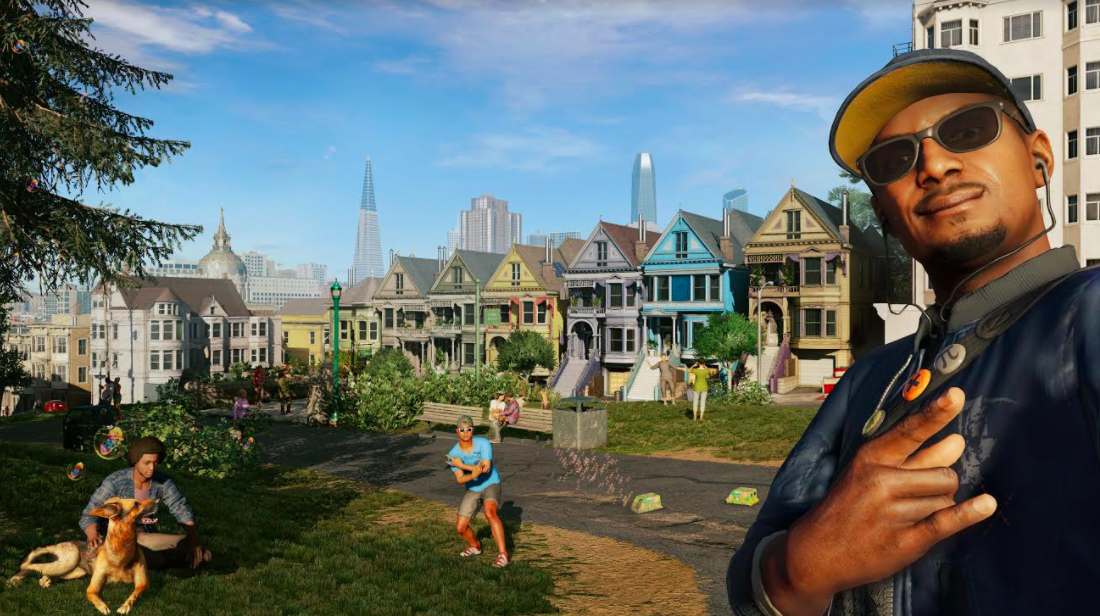
There are many paths we can take from here, challenging ourselves to do better. The journey is ultimately a personal one, and each of us must find our own way: maybe it is first recognizing there is a problem, that neutral (or apolitical) is a fallacy, reading some of the many books out there (and being aware of the limitations of anti-racist reading lists), and educating yourself on this history. Maybe it is trying to find your next game from a BIPOC creator, a story from a new perspective, looking into who makes a game and making this part of your buying process as you vote with your wallet; or helping ensure Open Source projects you use and contribute to are diverse and welcoming to all; or trying to have a productive discussion on these issues (the comment section of any article on race tends towards unbearable, to put it mildly). It could be going out to march and protest, donating money, or being more active in your community. Lasting change will come from our individual actions building and continuing the movement, rather than waiting for a top-down change. (There’s a good list on GamesRadar+, among other places, covering many of these options. A nicely broken down schedule of videos and readings can be found at Justice in June.)
None of these are too small or not enough, but need to be ongoing. I can’t just pat myself on the back for donating $20 and move on, eventually spending more on these same problematic games and developers. That is not to say that every game we buy or thing we do needs to directly make a statement or be in consideration of these issues. But our actions send a message, and there has to be a first step; it doesn’t have to be all or nothing. We should acknowledge even the smallest steps we take, but more importantly we can’t stop, especially as something visible like protests fades from the news and social media.
For me, I want to continue learning about race and racism and taking action towards change, especially in the context of Open Source development and games. I’ve been noticing more not just the lack of engagement with the topic of race, but often that lack of even skin color diversity in more mainstream games. I can be critical and still enjoy games, but more importantly look to find ones that approach this head-on and provide new experiences. And as a new writer for Boiling Steam (see my forthcoming introduction post), I’d like to continue exploring this topic. While we should all advocate for and with marginalized groups, it is also important to listen. On that note, I’m looking forward to interviews and discussions with BIPOC creators and fans for future posts.
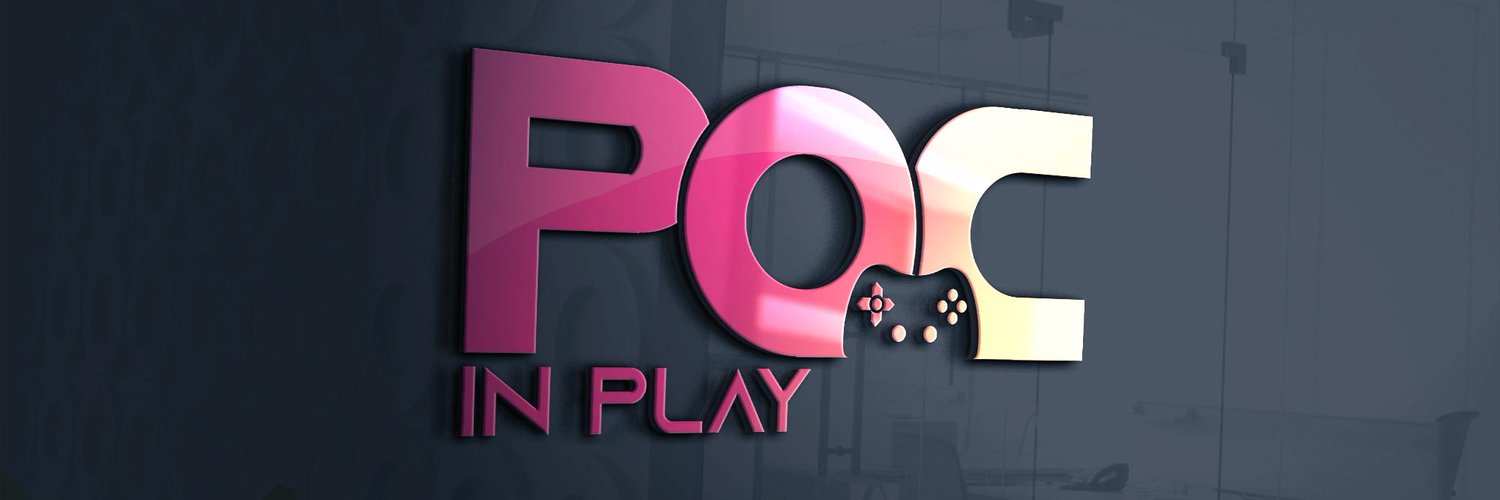
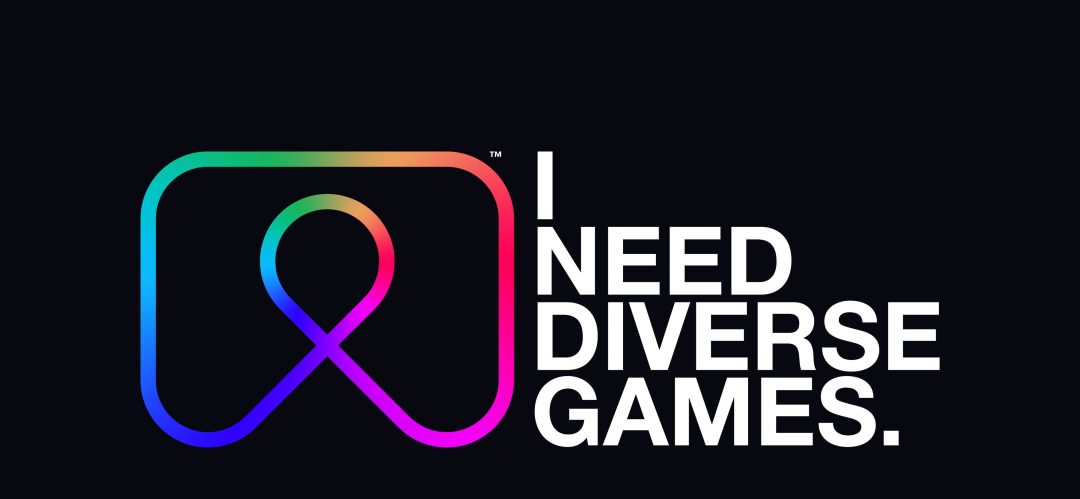
As Linux gamers we are not an enormous group, but we can absolutely have an outsized impact. We cannot hope to somehow “rise above” this by pretending we live in a world and participate in a hobby with equality, that the problems of the world do not permeate here as well. Software and games are not apolitical. We need to be conscious of our reality, be critical even in our hobbies, and see that we can make change through our actions. It can be exhausting, but it matters. That additional sale for that first-time Black game dev, the tweet in support of a harassed gamer, supporting Black gamers, making your Open Source project more inclusive by following recommendations like using accessible language and clear guidelines against toxic behavior (see Open Source Diversity for helpful resources), whatever it is, we can start a movement here.
Open Source and gaming can represent a wonderful, inclusive, diverse, safe, and uplifting world. We can make that happen. Recognizing that we are not there right now is the first step. Knowing we have the power to change it, and exercising that power, is the next.
